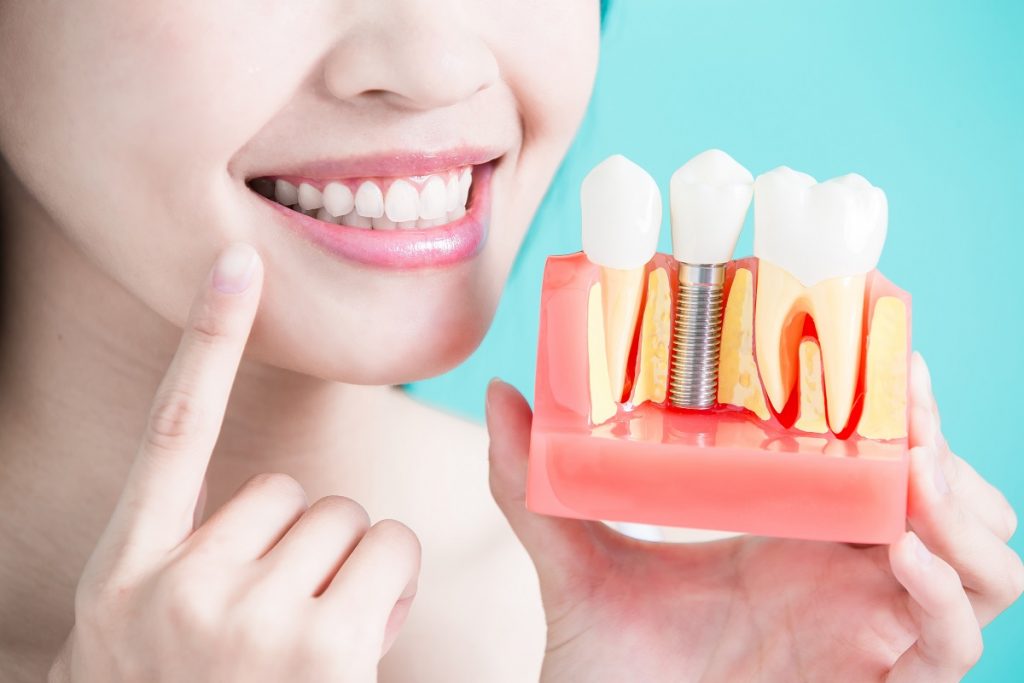When you have lost a tooth or teeth, it is likely that you have stumbled across oral implants at one time or another.
Affixed to your jaw, oral implants need 3-6 months to fuse to the bone (depending on your age and general health) and once fused, prosthetic teeth can be placed on top of them. Simple right? Depending on other factors, such as the density of your jaw and the condition of your jaw, you may be offered a different type of oral implant than the regular endosteal, such as subperiosteal or zygomatic. These variants differ slightly but the fitting is not exceptionally different .
However, as is the way with the internet, when you have been researching this popular restorative option, it is highly probable that you have also read stories about how oral implants can and will fail. Talk about disheartening! And as is the way with false information surrounding a new topic, it can be hard to sift through the myths and mistruths to discover the facts.
What are some of the most common myths that many dentists are aware of that surround oral implants and their alleged high failure rate?
They will fail
A correctly fitted dental implant Melbourne is unlikely to fail.
Granted, if you smoke or drink excessive amounts of alcohol, this increases the chance of the implants failing, but a professional and experienced dentist will always aim to ensure that any oral implant that is fitted is built to stand the test of time.
Of course, if you have concerns at any stage of the process that your oral implant is failing, contact your dental team without hesitation for a check-up.
If you are older, the chances of failure increase
This is not true.
If you are older, then it may take longer for the implants to fuse to your jaw, but aside from this age does not impact on the failure rate of implants.
However, if you are an older person and you are taking certain medications or have certain conditions (such as osteoporosis), this does increase the failure rate of implants. Talk to your dental team and doctor for more guidance on implants if you have a chronic health condition.
Most people with implants develop allergies to them

Oral implants are made from titanium, which is biologically inert; that is, it very rarely causes allergic reactions.
So, it is statistically unlikely that you will develop an allergy to them.
They damage your jaw and will need to be removed
Correctly fitted implants do not damage your jaw and, barring extreme circumstances such as jaw degeneration, they should never need to be removed.
Should the crown (false tooth) become damaged, your dentist will simply unscrew it from the implant and replace it with a new one without needing to disturb the implant.
They always become infected
As is the way with surgery, there is always a chance of infection.
But, provided you follow your dental team’s aftercare advice post-surgery, infection risk is low.
DISCLAIMER
Any surgical or invasive procedure carries risks. Before proceeding you should seek a second opinion from an appropriately qualified health practitioner.
